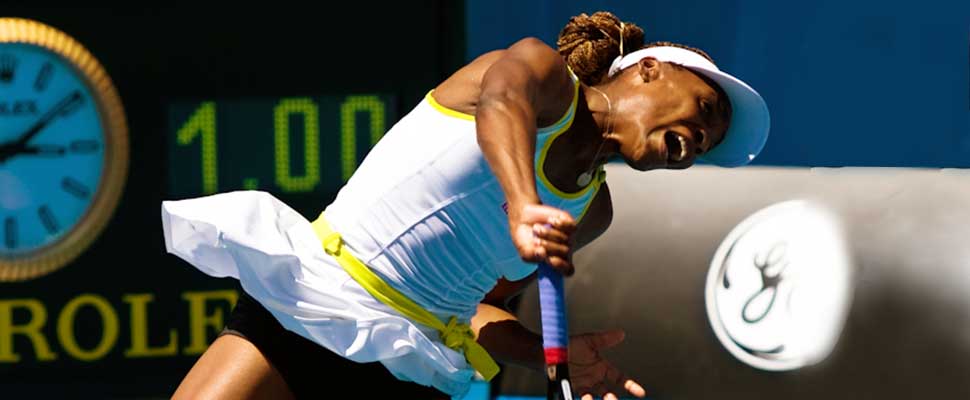Why being a vegan is not a problem for being a high performance athlete?
Several elite athletes have opted for a diet free of animal foods

Athletes like Venus and Serena Williams have decided to not consume animal foods: meats, eggs, dairy products, etc. Although this diet lacks the animal protein for the muscles, those who practice it have been able to complement their diet with other types of food and routines to continue competing at a high level and achieve success.
Leer en español: ¿Por qué ser vegano no impide ser un deportista de alto rendimiento?
The Colombian footballer Sebastián Pérez, who plays for Boca Juniors, chose to change his diet to one in which he does not consume animal feed. Despite the criticisms that have arisen because his decision jeopardizes his performance and that of his team, the Colombian player has remained firm in his ideals.
Also in the world of soccer is the case of Carlos Cuellar, who has highlighted the positive changes in his performance since he started as "vegan". The player claims that his body feels more elastic and it recovers faster.
In tennis, there is the case of Venus Williams who is one of the most recognized athletes of all time. Williams has practiced "veganism" for a few years after starting to have physical problems; nowadays, the tennis player is active and recognizes that the vegan diet has influenced this.
In the world of motorsport there are also vegan pilots. The current champion of Formula 1, the British Lewis Hamilton, has also opted for a diet free of animal-derived foods. The four-time car tournament champion made this decision due to environmental awareness.
Similarly, the athlete Hannah Teter, who has won two Olympic medals, practices veganism and continues to maintain a high level. Teter says that her body feels stronger in all its aspects.
"Veganism" has become a common diet in modern societies that are increasingly concerned about nature, the environment, and animals. Veganism is known as a practice or lifestyle that rejects the consumption and use of animal products. Those who belong to this group are opposed to all types of animal abuse and not only carry a diet that does not contain any type of animal food, but do not acquire any object from this source.
Could the health of a high performance sportsman affect this practice?
To answer this question we consulted Diego Iglesias, sports nutritionist, who believes that "the nutritional requirements for a high performance athlete are high in protein and should be of high biological value that is more bioavailable (amount of nutrients that the body can use)".
The "veganism", according to the nutritionist, could make the athlete experiences a "difficult" path to carry this lifestyle, due to the physical wear and tear that is handled constantly. The expert considers that in this case it is recommended "a varied diet" that includes "all food groups". In his opinion, the organism of an athlete would have a better performance and less nutritional wear if "the diet includes meats, dairy products and derivatives", considering that "physical activity, especially sports, is a protective factor."
It is clear that veganism is becoming a trend in both athletes and ordinary people. The main cause of the adoption of the diet, according to the nutritionist, is that there is a concern for animal abuse. In the case of athletes, they claim to feel better and with greater physical ability to remove these foods from their diet.
As said by the nutritionist and reflected in some athletes who practice veganism, it seems that the balance of the body depends on the consumption of food that allows the body to obtain the energy and proteins necessary to perform any activity .
Latin American Post | Cindy Nieto
Translated from "¿Por qué ser vegano no impide ser un deportista de alto rendimiento?"





